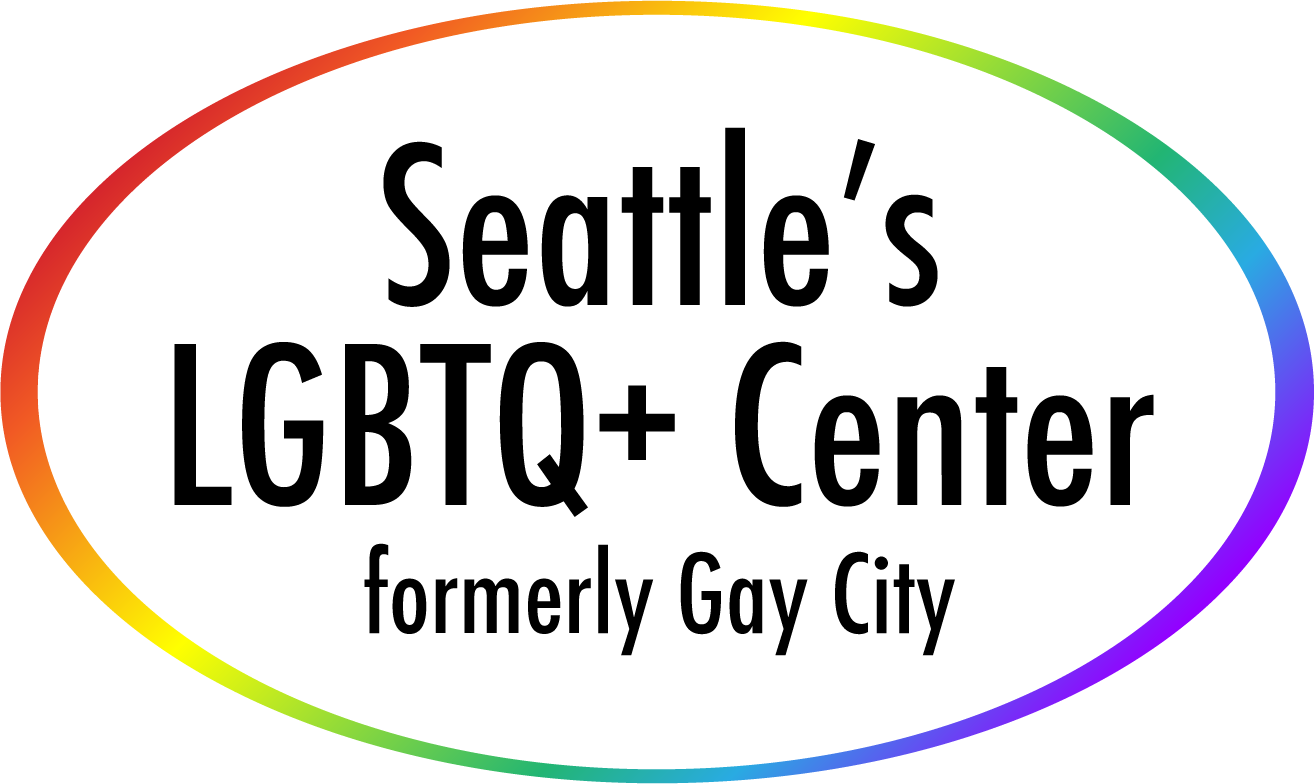February • 2019
For Black History Month we’re featuring a collection of six books about black LGBTQ topics and historical figures. From accounts of the AIDS epidemic, to poetry and stories about black LGBTQ liberation,livelihood, and wellness, these books provide an introduction to a variety of subjects. These books will be placed in our window display and are available to check out at the Gay City Library. See our full library catalog here.
1. The Boundaries of Blackness: AIDS and the Breakdown of Black Politics
By Cathy J. Cohen
The Boundaries of Blackness is the first full-scale exploration of the social, political, and cultural impact of IDS on the African-American community. Cathy Cohen unflinchingly brings to light how the AIDS epidemic fractured, rather than united, the black community. More broadly, she analyzes how other cross-cutting issues- of class, gender, and sexuality- challenge accepted ideas of who belongs in the community.

2. Freedom in this Village: Twenty-five Years of Black Gay Men’s Writing
By E. Lynn Harris
Freedom in This Village charts for the first time ever the innovative course of black gay male literature of the past 25 years. Starting in 1979 with the publication of James Baldwin’s final novel, Just Above My Head, then on to the radical writings of the 1980s, the breakthrough successes of the 1990s, and up to today’s new works, editor E. Lynn Harris collects 47 sensational stories, poems, novel excerpts, and essays.

3. The Collected Poems of Langston Hughes
Edited by Arnold Rampersad and David Roessel
Spanning five decades and comprising 868 poems (nearly 300 of which have never before appeared in book form), this magnificent volume is the definitive sampling of a writer who has been called the poet laureate of African America–and perhaps our greatest popular poet since Walt Whitman. Here, for the first time, are all the poems that Langston Hughes published during his lifetime, arranged in the general order in which he wrote them and annotated by Arnold Rampersad and David Roessel.

4. Fire Shut Up in My Bones
By Charles M. Blow
Charles M. Blow’s mother was a fiercely driven woman with five sons, brass knuckles in her glove box, and a job plucking poultry at a factory near their segregated Louisiana town, where slavery’s legacy felt close. When her philandering husband finally pushed her over the edge, she fired a pistol at his fleeing back, missing every shot, thanks to “love that blurred her vision and bent the barrel.” Charles was the baby of the family, fiercely attached to his “do-right” mother. Until one day that divided his life into Before and After—the day an older cousin took advantage of the young boy. The story of how Charles escaped that world to become one of America’s most innovative and respected public figures is a stirring, redemptive journey that works its way into the deepest chambers of the heart.

5. Black Women’s Health Book: Speaking for Ourselves
Edited by Evelyn C. White
Here is the first book by and for black women on the topic most central to everyone’s life: health. Inspired by the model of self-care established by grassroots groups such as the National Black Women’s Health Project, the book looks directly at the health issues that confront black women today and offers words of advice, comfort, inspiration, and strength. From personal accounts of how to manage health problems such as diabetes and stress to informed perspectives on community issues such as teenage pregnancy and AIDS, each of the forty-one contributions testifies to the determination of black women to get well and stay well.

6. Lost Prophet: The Life and Times of Bayard Rustin
By John D’Emilio
Bayard Rustin is one of the most important figures in the history of the American civil rights movement. Before Martin Luther King, before Malcolm X, Bayard Rustin was working to bring the cause to the forefront of America’s consciousness. A teacher to King, an international apostle of peace, and the organizer of the famous 1963 March on Washington, he brought Gandhi’s philosophy of nonviolence to America and helped launch the civil rights movement. Nonetheless, Rustin has been largely erased by history, in part because he was an African American homosexual.


You must be logged in to post a comment.